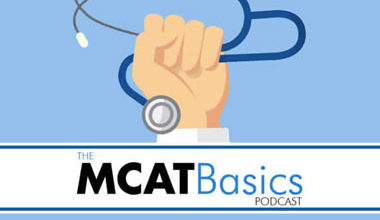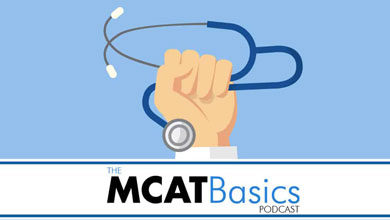In this episode, we focus on the structure and role of key social institutions for the MCAT Psych/Soc section. We’ll break down the five major institutions—health and medicine, education, family, religion, and government—and explain how each shapes societal norms and individual behavior.
You’ll learn about concepts like medicalization, the sick role, and how healthcare is delivered, as well as the hidden curriculum and educational segregation. We’ll also cover family structures, kinship types, and how religion influences social change. Lastly, we’ll touch on political systems and the difference between power and authority, all of which are important for the MCAT.
By the end, you’ll be equipped to understand how these institutions impact society and approach related MCAT questions with confidence.
Visit MedSchoolCoach.com for more help with the MCAT.
Jump into the conversation:
(00:00) Intro
(01:03) Introduction to Social Institutions
(01:54) Definition of Social Institutions
(04:24) Formal vs. Informal Institutions
(05:03) Health and Medicine: Structure and Function
(07:49) Medicalization and the Sick Role
(09:56) Delivery of Healthcare
(12:18) Illness Experience
(13:59) Social Epidemiology
(17:05) Education: Structure and Function
(19:37) Educational Segregation and Stratification
(24:03) Teacher Expectancy
(25:06) Family: Structure and Function
(28:46) Violence in the Family
(29:26) Religion: Structure and Function
(32:25) Religion and Social Change
(35:43) Government and Economy: Structure and Function
(37:11) Power vs. Authority
(38:23) Types of Political Systems
(41:06) Division of Labor

